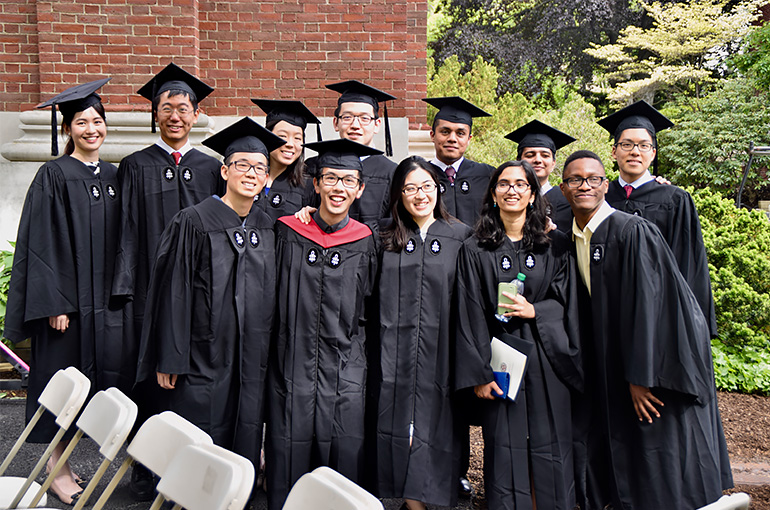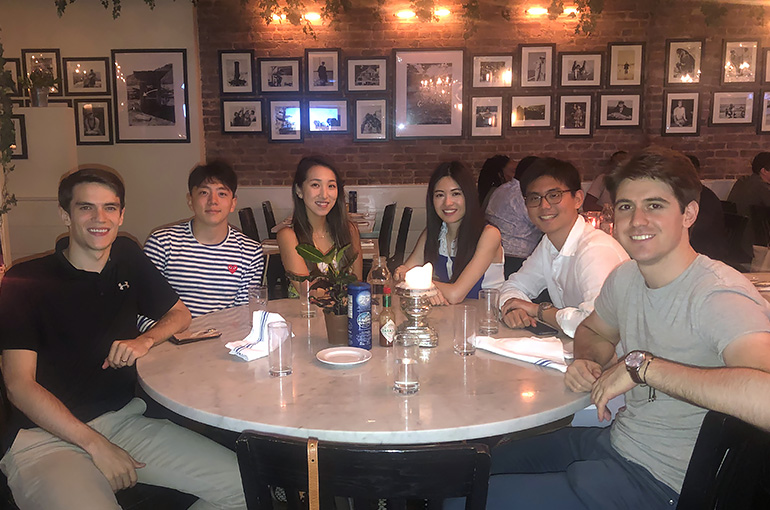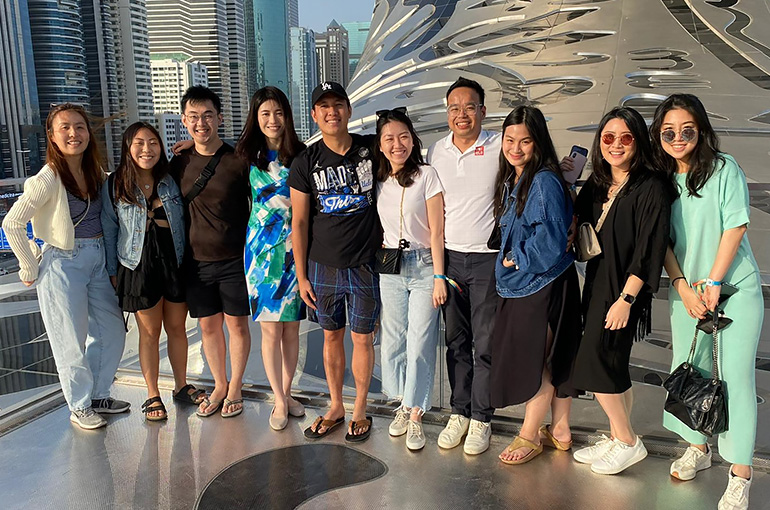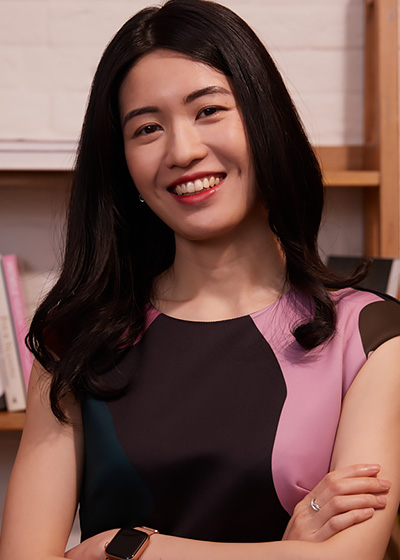Venture capital requires you to be an optimist
At General Catalyst, I joined the growth team where we invested in companies at Series B and beyond. While my analysis skills ported over easily, my investment mindset had to undergo a drastic shift.
In private equity, you underwrite your deals to a narrow band of return multiples, and protecting your downside is almost as important as capturing upside. Heaven forbid you lose money on a deal! On the other hand, in venture capital, fund returns follow the power law whereby a few home runs generate almost all the profits, and most deals won’t return anything. So you shoot for the stars and get comfortable with failure. I think you have to be an optimist to be a venture capitalist.
Venture capital is also much more relationship-driven because everything from sourcing deals to researching the market to finding talented operators to join your portfolio companies relies on the breadth of your network. Moreover, when we partner with founders we’re in it for the long haul – sometimes over a decade – so maintaining trust and rapport is everything.
Dynamic opportunities abound in Southeast Asia
In 2021, Southeast Asia minted 25 unicorns, more than all the previous years combined. But do you know what the best part is? We’re just getting started.
All the macro tailwinds are combining into a gale behind the sails of the startup ecosystem. Population and GDP are both rising strongly, digital adoption is growing at roughly 40 million users each year, propelling the internet economy to an estimated $1 trillion by 2030.
Because the region is evolving so rapidly, speed is the name of the game; founders need to build and execute fast and not let perfect be the enemy of good. But such a heterogeneous region – comprising countries with unique languages, cultures, regulations, and consumer behaviours – also presents a formidable challenge. For founders it necessitates a multi-faceted product and go-to-market strategy; for investors it requires calibrating investing judgement differently for each market.
Fintech will continue to surge to serve Southeast Asia’s huge underbanked population, democratising access to financial services like cashless payment, lending, insurance, and wealth management. And that’s not including crypto and Web3, which has already gained widespread adoption in Vietnam, Indonesia and the Philippines and led to seismic shifts such as DeFi, NFTs and the metaverse, the play-to-earn movement started by the Axie Infinity boom, and many more. Venture capital firms are creating dedicated crypto funds, and Singapore’s regulatory framework has turned it into a regional hub for digital asset firms.
Not to forget SaaS, which has tremendous growth potential in enabling e-commerce and the SMEs that form the backbone of local economies. And looking further into the future, as the population grows in affluence, demand for healthcare and wellness solutions will rise, as will the need for deep tech solutions to address resource strain and the climate crisis.











